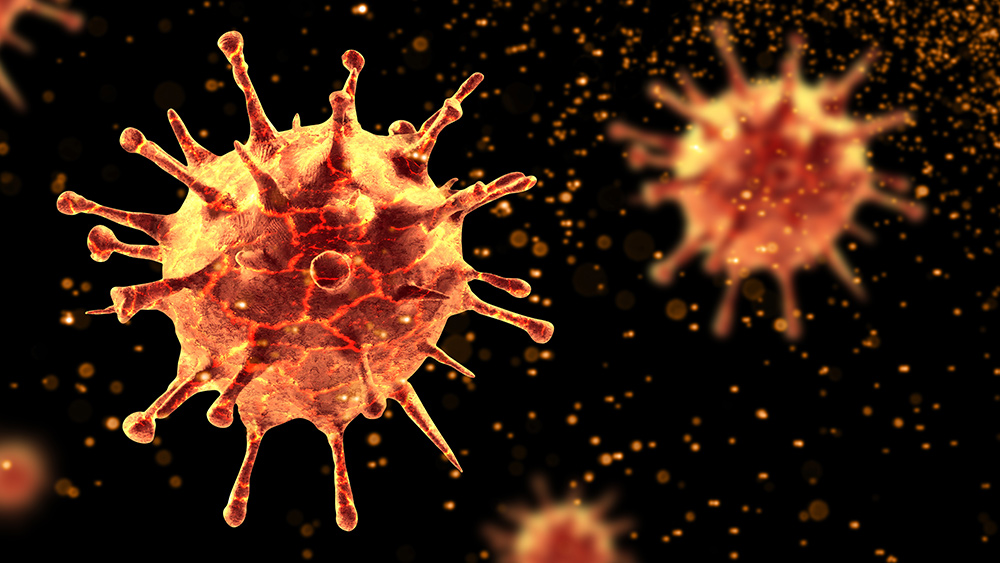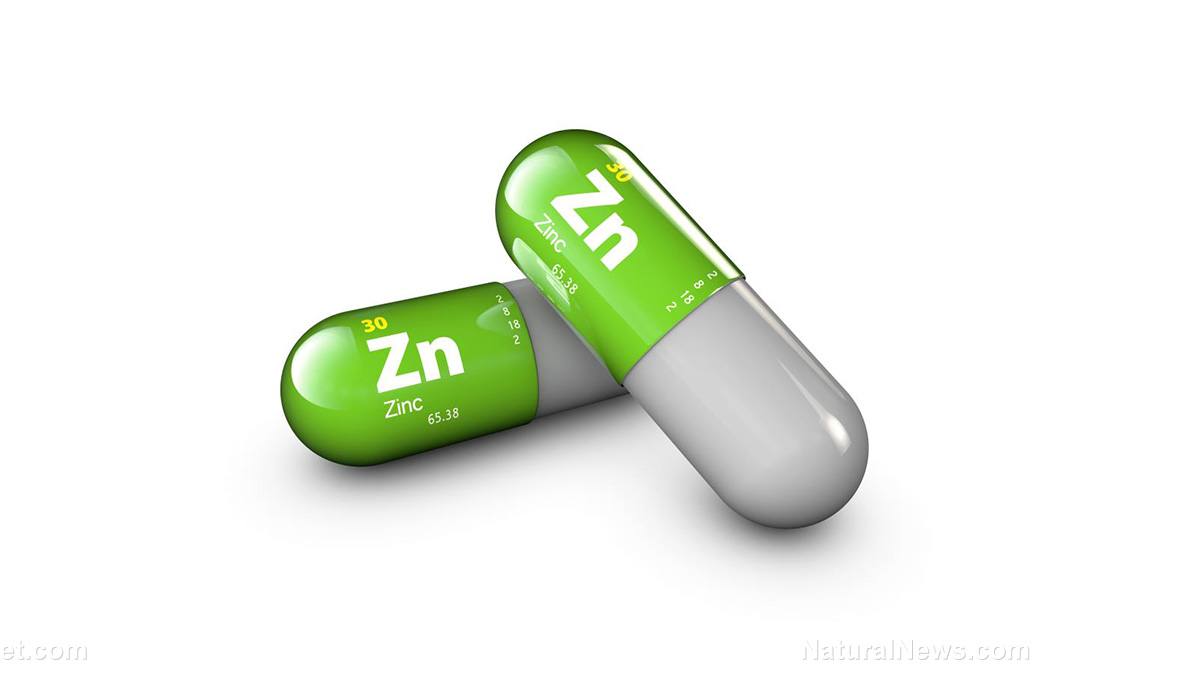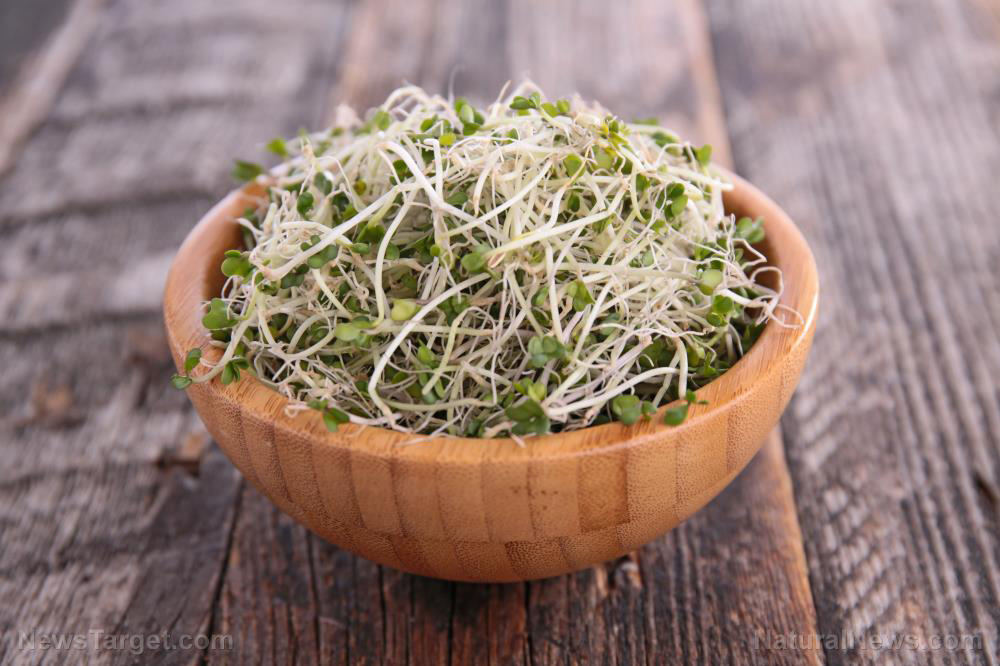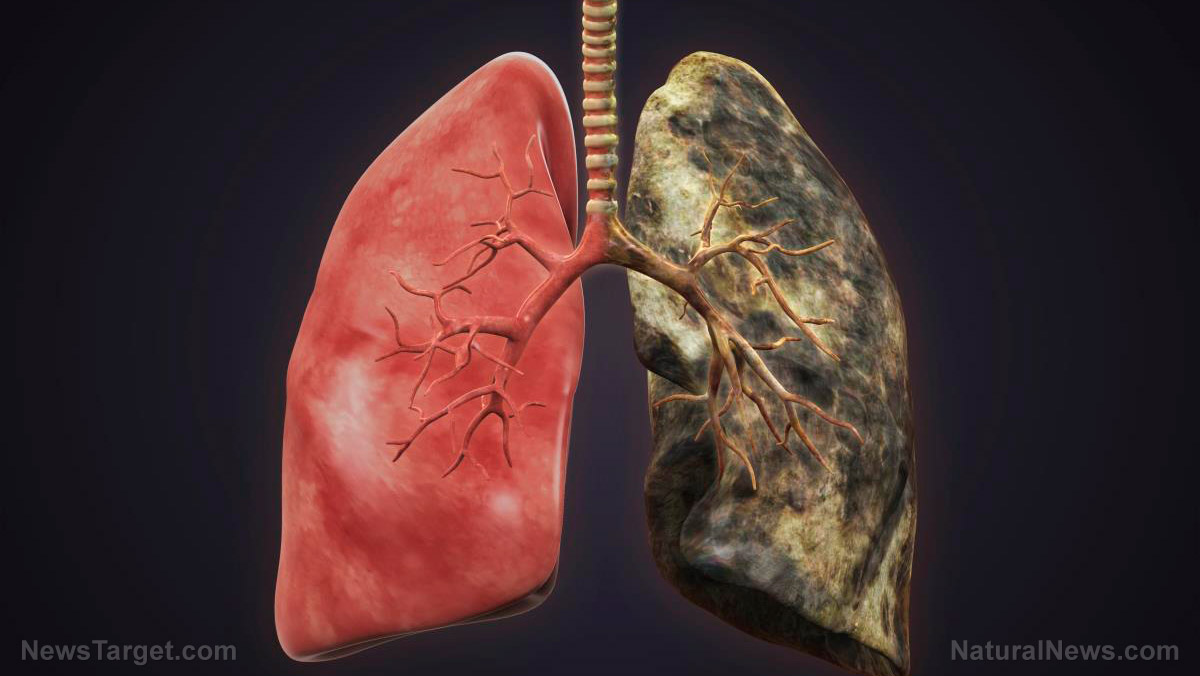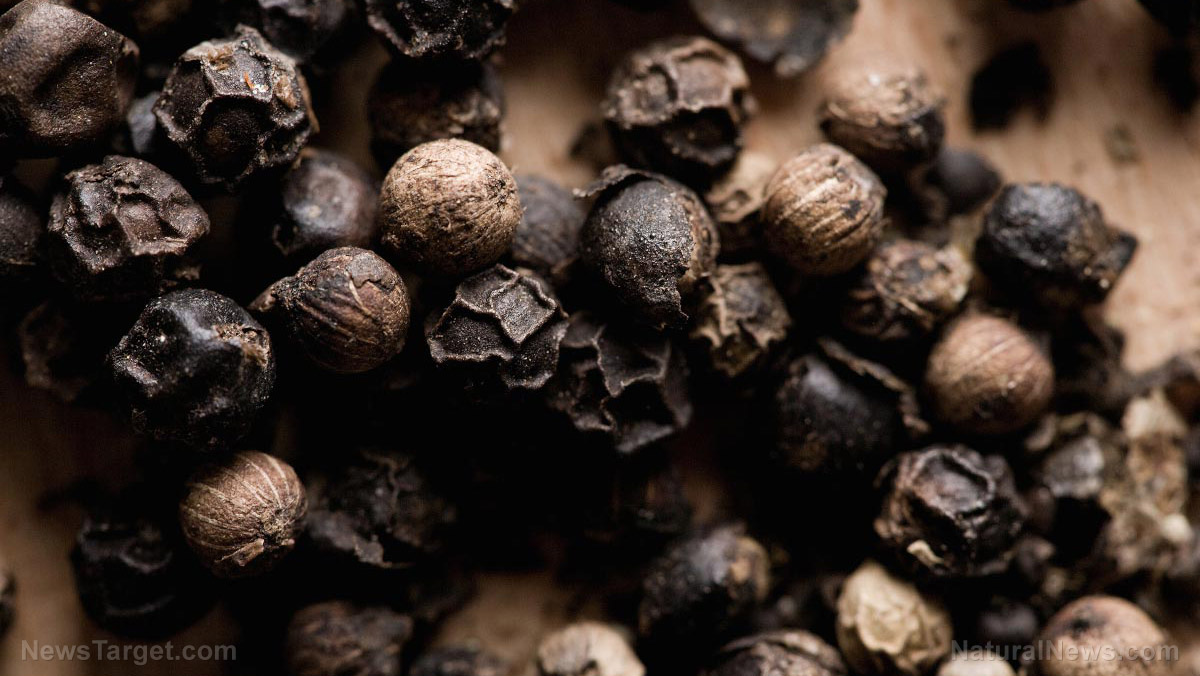What does gut bacteria have to do with high blood pressure?
03/30/2020 / By Darnel Fernandez

Over the years, researchers have been increasingly interested in the role of gut bacteria when it comes to human health. The body harbors trillions of microorganisms like bacteria and viruses – collectively known as the microbiome. While these tiny organisms are often associated with disease and infections, some variations of viruses and bacteria are actually beneficial and it has become increasingly clear that these microorganisms could provide new ways to understand a wide variety of health conditions. Research has already shown their role in conditions such as Parkinson’s disease, obesity and even depression. Now, researchers believe that the gut microbiome might have some influence on heart health as well, particularly when it comes to blood pressure.
The link between the gut microbiome and heart health
Although research has already established the various risk factors for hypertension – namely obesity, poor diet, excessive alcohol consumption and smoking – new research shows that there is much more to the heart condition than meets the eye. (Related: Sugar increases hypertension.)
More than 19 percent of American adults with hypertension have developed a treatment-resistant form of the condition wherein prescribed medications fail to bring their blood pressure to a much healthier level. Researchers have considered the dysfunction of the immune and autonomic nervous systems to be potential risk factors of hypertension. In addition, recent research also suggests that gut dysbiosis – an imbalance in one’s microbial community – may be a risk factor.
A study published in the journal Microbiome looked into the gut microbiota of 196 participants, of which 41 individuals were noted as having healthy blood pressure levels. The group also included 99 participants who were identified as having hypertension, as well as 56 individuals who exhibited prehypertension – a type of high blood pressure that isn’t high enough to be officially deemed as hypertension.
According to the researchers, the results of their study revealed that participants with prehypertension and hypertension experienced a reduction in gut bacteria diversity. In particular, the researchers found that bacteria species like Prevotella and Klebsiella were flourishing much more than other types.
To expand on their findings, the researchers transplanted fecal matter from the participants into germ-free laboratory mice. The findings show that mice who received fecal matter from those with hypertension also developed the same condition.
Another study, published by the American Heart Association, found a link between gut bacteria, high blood pressure and depression, suggesting that a combination of high blood pressure and depression could be a completely different disease altogether than high blood pressure alone.
“People are ‘meta-organisms’ made up of roughly equal numbers of human cells and bacteria. Gut bacteria ecology interacts with our bodily physiology and brains, which may steer some people towards developing high blood pressure and depression,” said lead author Bruce Stevens. “In the future, health professionals may target your gut in order to prevent, diagnose and selectively treat different forms of high blood pressure.”
In this study, the researchers isolated DNA from gut bacteria gathered from stool samples of 105 recruited participants. They used artificial intelligence software for the bacterial analysis, revealing four distinct types of genes and signature molecules. Using the data gathered, they noticed unique patterns of bacteria in people with 1) high blood pressure plus depression; 2) high blood pressure without depression; 3) depression with healthy blood pressure or 4) healthy subjects without depression or high blood pressure.
According to Stevens, their findings could help find new ways to treat patients with treatment-resistant hypertension and that the results suggest different mechanisms of high blood pressure associated by molecules produced by gut bacteria. These molecules are said to not only affect the cardiovascular system, but also metabolism, hormones and the nervous system as well.
“We believe we have uncovered new forms of high blood pressure: ‘Depressive Hypertension’ (high blood pressure with depression), which may be a completely different disease than ‘Non-Depressive Hypertension’ (high blood pressure without depression), which are each different from ‘Non-Hypertensive Depression,'” said Stevens.
Learn more about the risk factors and treatments of hypertension at Heart.news.
Sources include:
Tagged Under: beatdepression, blood pressure, cardiovascular disease, cardiovascular health, depression, digestion, gastrointestinal health, gut health, gut microbiome, heart health, high blood pressure, hypertension, mental health, natural health, prevention
RECENT NEWS & ARTICLES
Natural.News is a fact-based public education website published by Natural News Features, LLC.
All content copyright © 2018 by Natural News Features, LLC.
Contact Us with Tips or Corrections
All trademarks, registered trademarks and servicemarks mentioned on this site are the property of their respective owners.


